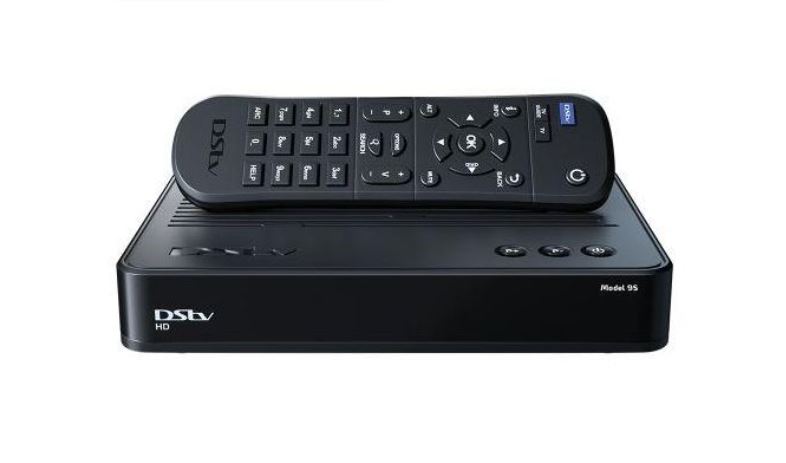

MultiChoice Kenya has announced major price cuts on its DStv and GOtv decoders for the festive period, running from November 1 to December 31, 2025.
The move is aimed at stemming a massive loss of subscribers and repositioning the company in an increasingly competitive pay-TV market by boosting both viewership and new sign-ups.
The decision follows a sharp decline of more than one million subscribers in just 12 months, as many Kenyans turned to cheaper or online streaming alternatives.
Effective November 1, the price of the DStv Zapper Decoder dropped from Sh1,199 to Sh850, while the GOtv decoder now retails at Sh799, down from Sh999.
Prices of installation accessories have also been reduced, with the DStv dish kit going for Sh1,650 from Sh2,000, and the GOtv antenna at Sh700, down from Sh1,000.
Additionally, GOtv has reintroduced the GOtv Value package, now available at Sh599.
“These offers are our way of saying thank you to our customers for their loyalty and trust, while inviting new customers to join our growing family,” MultiChoice Kenya Managing Director Nzola Miranda said during the announcement.
The price cuts come as the company faces a steep erosion of its subscriber base.
According to internal data, active DStv subscribers plunged from Sh1.19 million in June 2024 to just Sh188,824 by June 2025, representing a loss of more than 80 per cent.
Industry analysts attribute the mass exit to frequent price increases and the surge of illegal streaming platforms that offer cheap or free access to premium content.
In August 2025, MultiChoice implemented its fifth price hike in under three years.
The DStv Premium package now costs Sh11,700, up from Sh11,000, while Compact Plus subscribers pay Sh7,300, up from Sh6,800.
GOtv, which targets lower-income households, has also come under pressure from free-to-air digital channels and mobile streaming services.
Although decoder prices have dropped, rising subscription fees remain a concern for cost-conscious viewers amid harsh economic times.
Despite the challenges, MultiChoice remains optimistic.
The company is banking on discounted decoders and improved customer engagement to win back lost audiences.
However, with revenues across all MultiChoice markets falling by 27 per cent in the year ending March 2025, the firm faces an uphill task in reversing its fortunes.
As the holiday season approaches, the decoder discounts may spark short-term sales, but whether this strategy will halt the long-term decline in subscribers remains uncertain.
Findings by the Kenya Institute for Public Policy Research and Analysis (KIPPRA) show that people gain access to films from movie shops and from street traders, who illegally sell films.
Digital technology has made it easier to access and download local films before they are distributed into the market, thus denying film creators from earning royalties and awards for their films.
MutiChoice said a pirated film on the market deprives film creators of royalties that would have otherwise been paid through authorised film distribution.
Managing Director Nzola Miranda and the company’s Public
Relations Manager Elisha Kamau said there is a need to tighten the noose on
pirates to save the creative industry in Kenya.

















